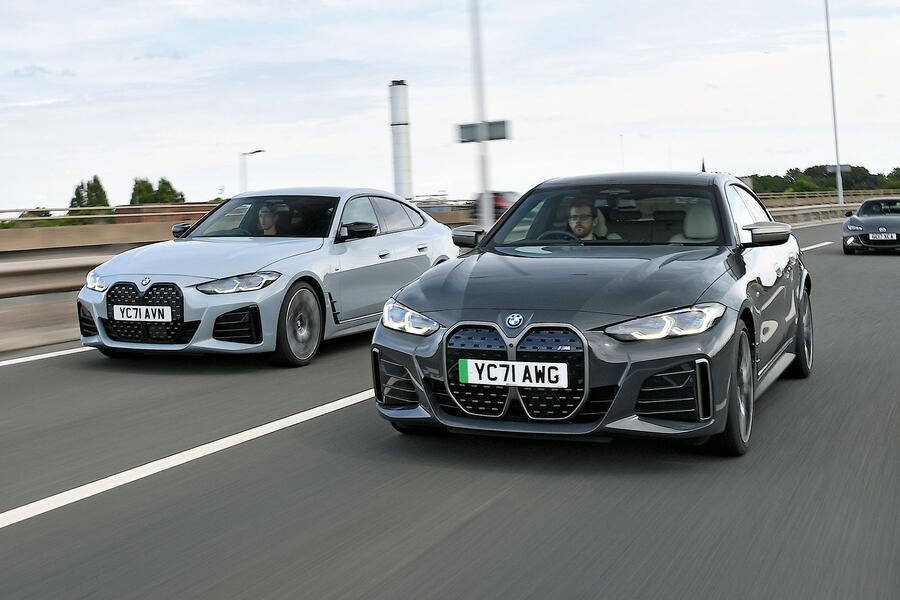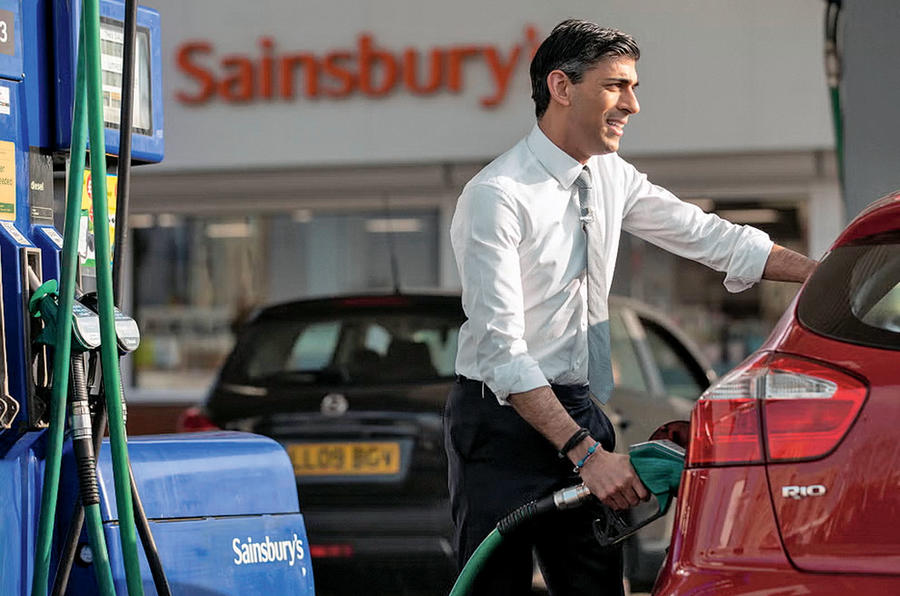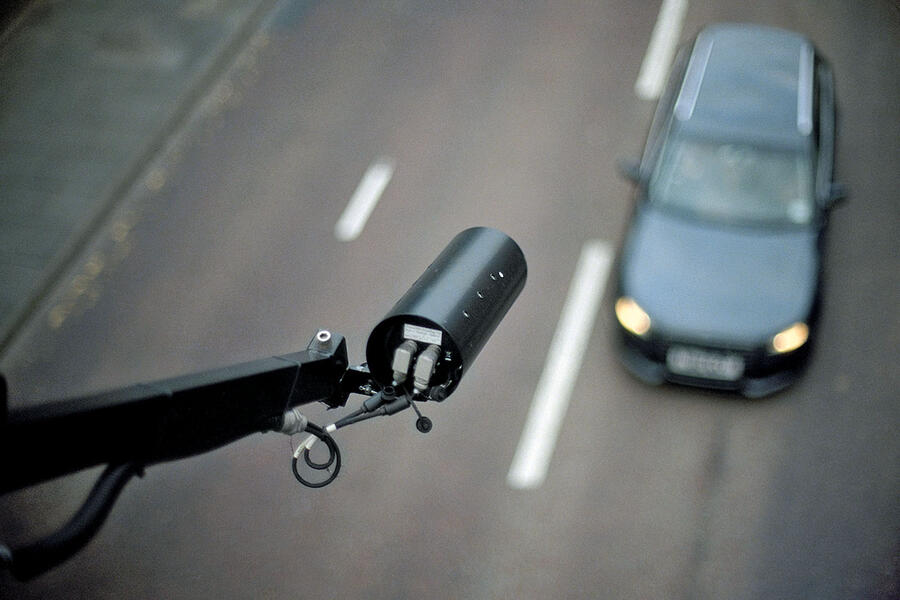Concerns about pay-per-mile road charging are growing as people begin to question how the Treasury plans to recover the duty lost from the decline in sales of petrol and diesel cars
Electric cars generate no fuel duty, so as their registrations continue to climb – up 38% year on year – and with the forthcoming zero-emission vehicle (ZEV) mandate likely to boost their sales still further, questions are being raised.
Fuel duty, which heavily dictates fuel pricing, is currently 52.95p per litre and is expected to earn the Treasury £24.3 billion in the 2023-24 financial year. That would represent 2.3% of all tax receipts and is equivalent to £867 per household and 0.9% of national income.
When could pay-per-mile road charging come in?
There’s no definitive answer to this. But based on estimates it made in 2022, the Office for Budget Responsibility (OBR) calculates that by 2026-27, fuel duty receipts will be £1.4bn lower than they are at present.
In its estimates, the OBR acknowledges the likely existence of the ZEV mandate, which is due to go live in January 2024 and which, by 2026, will require 33% of a manufacturer’s newly registered vehicles to be EVs, rising to 38% the following year and 80% in 2030, when only EVs and hybrids can be sold in the UK.
Concerned about the decline in the £35bn annual revenue generated by both fuel duty and vehicle excise duty, which won’t be charged on EVs until April 2025, the House of Commons Transport Committee urged the Treasury and Department for Transport in February 2022 to consider proposals for maintaining tax revenues.
Stressing that the “situation is urgent”, its main proposal was to replace both duties with a road pricing mechanism that uses telematic technology to charge drivers according to distance driven.














Join the debate
Add your comment
In Australia, each state has announced user charging. To start 2027 typically. The state of Victoria has introcduced it alredy, at 2.8 cents per kilometre (approx 2.4 pence per mile). Simple system; when the rego is renewed annually, one takes a picture of the odometer and the diff between last years pic and this, sets the charge.Of course technology can simplify this greatly by having the car's GPS read milage and relay to authorities so charges can be levied, say monthy. Once set up, the same system could easily be used for congestion charges and even tolls.Of course, a GPS based system would also know where you are, what the speed limit is... and how fast you're going...
Given governmental ability to pay ridiculous amounts for IT systems delivered years late which don't work, not to mention British ingenuity in finding various ways to cheat a system and the huge amounts lost every year when tax discs were canned, this has electoral disaster written all over it.
Or just charge £700 per year for every EV, in Road Tax. Simple to collect, known numbers of EVs, so known income for the Government. This money will help repair the damage these EVs do to our roads. EVs should not be subsidised or supported in any way. Let people decide what vehicle, what tech/engine, is best suited to them. Politicians arrogantly think they know best, when all they know, is the difference between a deluxe blow up doll, or the standard version. Apparently the deluxe model comes with real hair, so I've been told.
Always nice to be reminded of old 'Not the 9 o'clock News' sketches